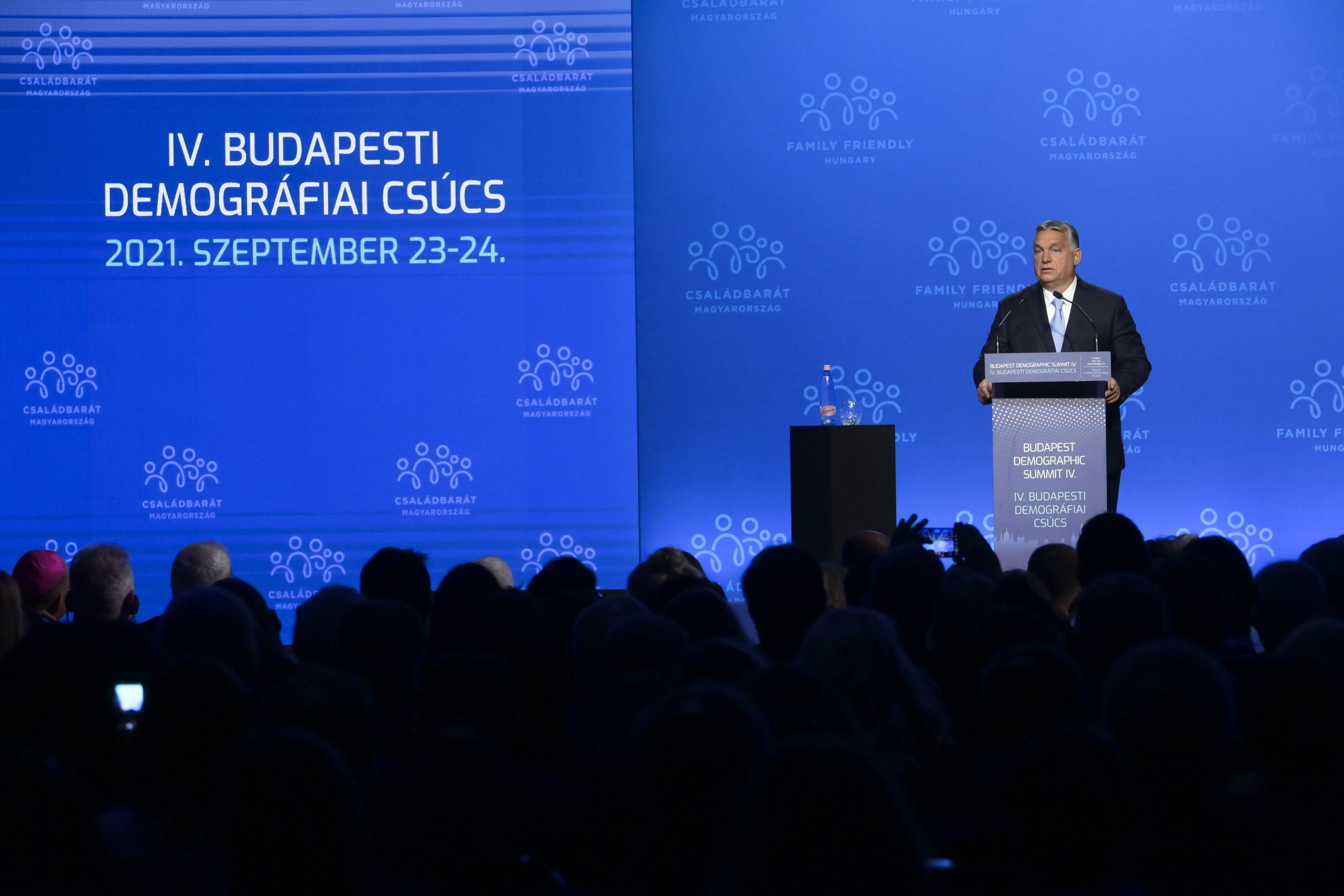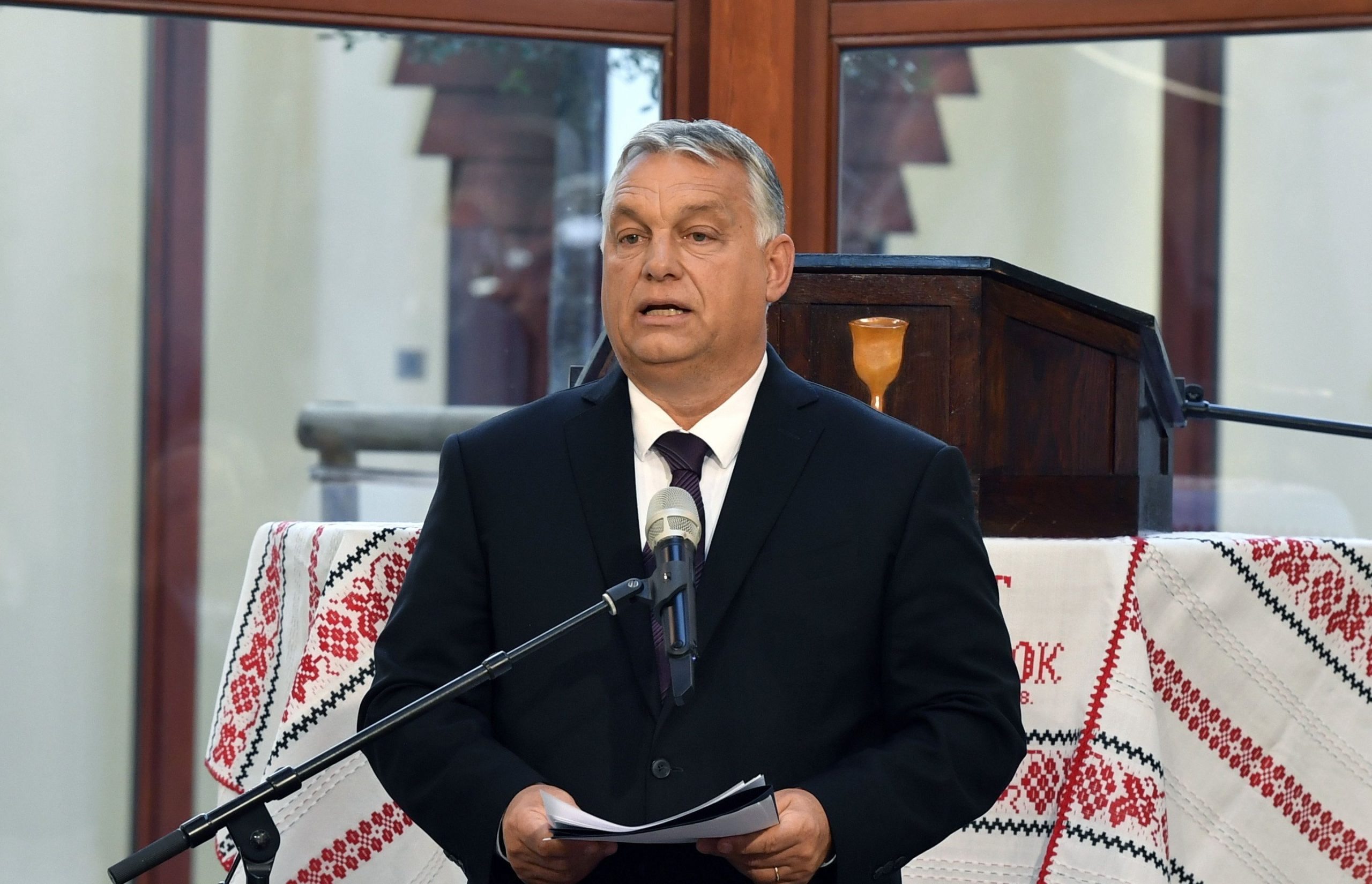
"Some do not see this as a problem," while others would use migration as a solution, Orbán said, adding that "we're vaccinated against wokeism and our history is protecting us against the cultural left."Continue reading

Hungarians can only survive as Christians and each new church is a bastion in the nation’s struggle for freedom and greatness, Prime Minister Viktor Orbán said at the consecration of a new Reformed church in Budapest’s Pesterzsébet district on Sunday.
Addressing the event, Orbán said “we, Hungarians have been a nation of church-builders for a thousand years, and at the time of Saint Stephen, many other nations could say that about themselves. However, we are now living in different times, with fewer and fewer nations building churches in Europe.”
Today, Western Europe is in a “phase of losing its cultural roots and balance”, Orbán said. The historic role and mission that Europe’s Christian civilisation has played over the past 500 years is now weakening and disintegrating, he said, adding that Europe has given up its sense of mission, its cultural and intellectual heritage, and has simply thrown away its future.
“That is when I remember how many times they wanted to make us catch up with the nations that no longer build churches, only mosques,” Orbán said.
The prime minister emphasised that Hungarians do not want to abandon the path that they have been following for a thousand years, but that is only possible if they realise that the state and the churches must work together.
This cooperation is also sanctified by the Basic Law, which declares that the protection of Hungary’s constitutional identity and Christian culture is a duty of all bodies of the state, Orbán said. In a Christian-based democracy, the state has the duty to take responsibility for traditional communities, from the family through congregations to the nation, he said.
That is why over the past eleven years 150 churches have been built and over three thousand ones renovated in Hungary and the areas of the Carpathian Basin with ethnic Hungarian communities, he said.
Featured photo by Zoltán Máthé/MTI